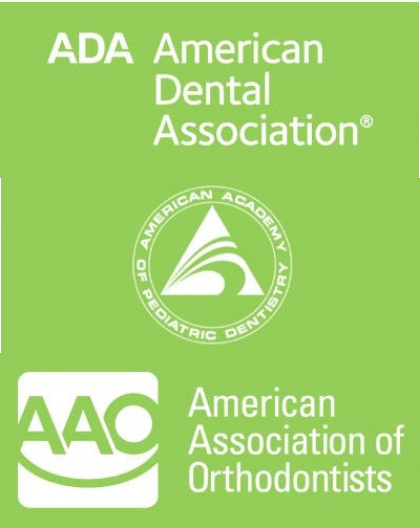Pediatric FAQ
Pennington NJ Orthodontist & Pediatric Dentist
-
WHEN SHOULD I SCHEDULE MY CHILDS FIRST VISIT TO THE DENTIST?
We recommend that you make an appointment to see the dentist as soon as your child gets his first tooth. The American Academy of Pediatric Dentistry recommends that children be seen by six months after their first tooth erupts, or at one year of age, whichever comes first.
-
WHAT HAPPENS DURING MY CHILDS FIRST VISIT TO THE DENTIST?
The first visit is usually short and simple. In most cases, we focus on getting to know your child and giving you some basic information about dental care. The doctor will check your childs teeth for placement and health, and look for any potential problems with the gums and jaw. If necessary, we may do a bit of cleaning. We will also answer any questions you have about how to care for your childs teeth as they develop, and provide you with materials containing helpful tips.
-
HOW CAN I PREPARE MY CHILD FOR HIS FIRST DENTAL APPOINTMENT?
The best preparation for your childs first visit to our office is maintaining a positive attitude. Children pick up on adults apprehensions and if you make negative comments about trips to the dentist, you can be sure that your child will fear an unpleasant experience and act accordingly. Show your child the pictures of the office and staff on the website. Let your child know that it is important to keep his teeth and gums healthy, and that the doctor will help him do that. Remember that your dentist is specially trained to handle fears and anxiety, and our staff excels at putting children at ease during treatment.
-
HOW OFTEN SHOULD MY CHILD VISIT THE DENTIST?
We generally recommend scheduling checkups every six months. Depending on the circumstances of your childs oral health, we may recommend more frequent visits.
-
WHY DO BABY TEETH NEED SPECIAL CARE?
Although they do not last as long as permanent teeth, your childs first teeth play an important role in his development. While they are in place, these primary teeth help your little one speak, smile, and chew properly. They also hold space in the jaw for permanent teeth. If a child loses a tooth too early (due to damage or decay) nearby teeth may encroach on that space, which can result in crooked or misplaced permanent teeth. Also, your childs general health is affected by the oral health of the teeth and gums.
-
WHAT IS THE BEST WAY TO CLEAN MY BABYS TEETH?
Even before your babys first tooth appears, we recommend you clean his gums after feedings with a damp, soft washcloth. As soon as his first tooth appears, you can start using a toothbrush. Choose a toothbrush with soft bristles and a small head. You can most likely find a toothbrush designed for infants at your local drugstore.
-
AT WHAT AGE IS IT APPROPRIATE TO USE TOOTHPASTE TO CLEAN MY CHILDS TEETH?
You can begin brushing your child's teeth once there are a few teeth that have grown in.
According to the American Academy of Pediatric Dentistry: Using no more than a smear or rice-size amount of fluoridated toothpaste for children less than three years and using no more than a pea-size amount of fluoridated toothpaste is appropriate for children aged three to six.
To maximize the beneficial effect of fluoride in the toothpaste, supervised tooth-brushing should be done twice a day and rinsing after brushing should be kept to a minimum or eliminated altogether.
-
WHAT CAUSES CAVITIES?
Certain types of bacteria live in our mouths. When these bacteria come into contact with sugary foods left behind on our teeth after eating, acids are produced. These acids attack the enamel on the exterior of the teeth, eventually eating through the enamel and creating holes in the teeth, which we call cavities.
-
HOW CAN I HELP MY CHILD AVOID CAVITIES?
Be sure that your child brushes his teeth at least twice a day with fluoride toothpaste. Flossing daily is also important, as flossing can reach spots between the teeth that brushing can not. Check with your pediatric dentist about a fluoride supplement which helps tooth enamel become harder and more resistant to decay. Avoid sugary foods and drinks, limit snacking, and maintain a healthy diet. And finally, make regular appointments so that we can check the health of your childs teeth and provide professional cleanings.
-
DOES MY CHILD NEED DENTAL SEALANTS?
Sealants cover the pits and fissures in teeth that are difficult to brush and therefore susceptible to decay. We recommend sealants as a safe, simple way to help your child avoid cavities, especially for molars, which are hardest to reach.
-
MY CHILD PLAYS SPORTS. HOW CAN I PROTECT HIS TEETH?
Even childrens sports involve contact, and we recommend mouthguards for children active in sports. If your little one plays baseball, soccer, or other sports, ask us about having a custom-fitted mouthguard made to protect his teeth, lips, cheeks, and gums.
-
WHAT SHOULD I DO IF MY CHILD SUCKS HIS THUMB?
A large majority of children suck their thumbs or fingers as infants, and most grow out of it by the age of four, without causing any permanent damage to teeth. If your child continues sucking after permanent teeth erupt, or he sucks aggressively, let us know and we can check to see if any problems may arise from the habit.

